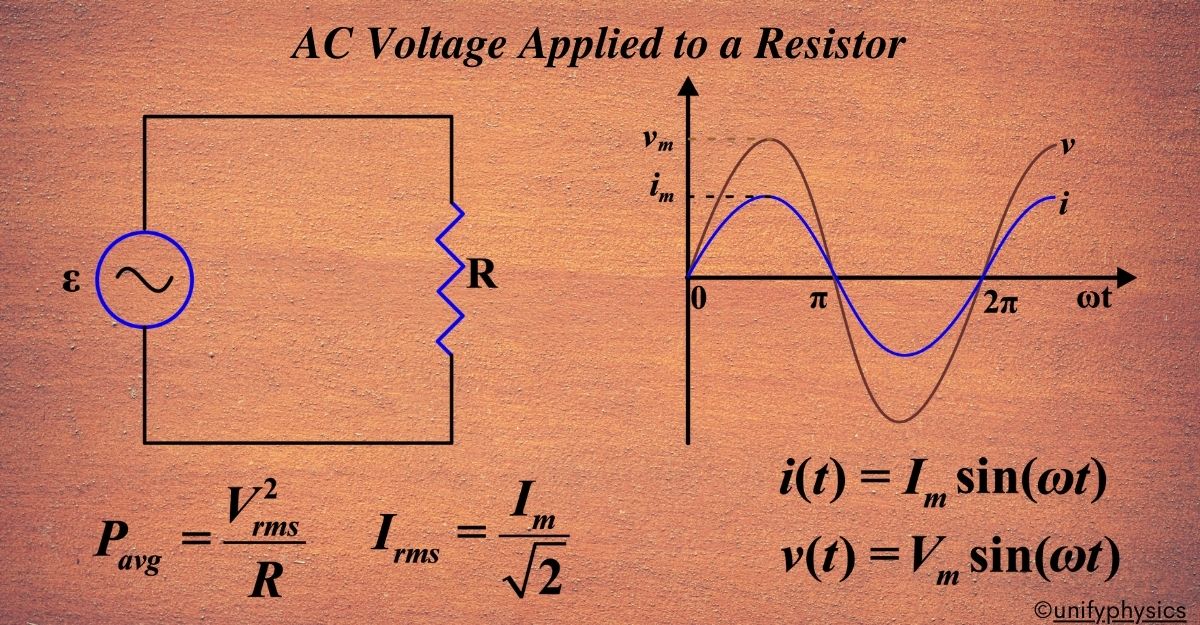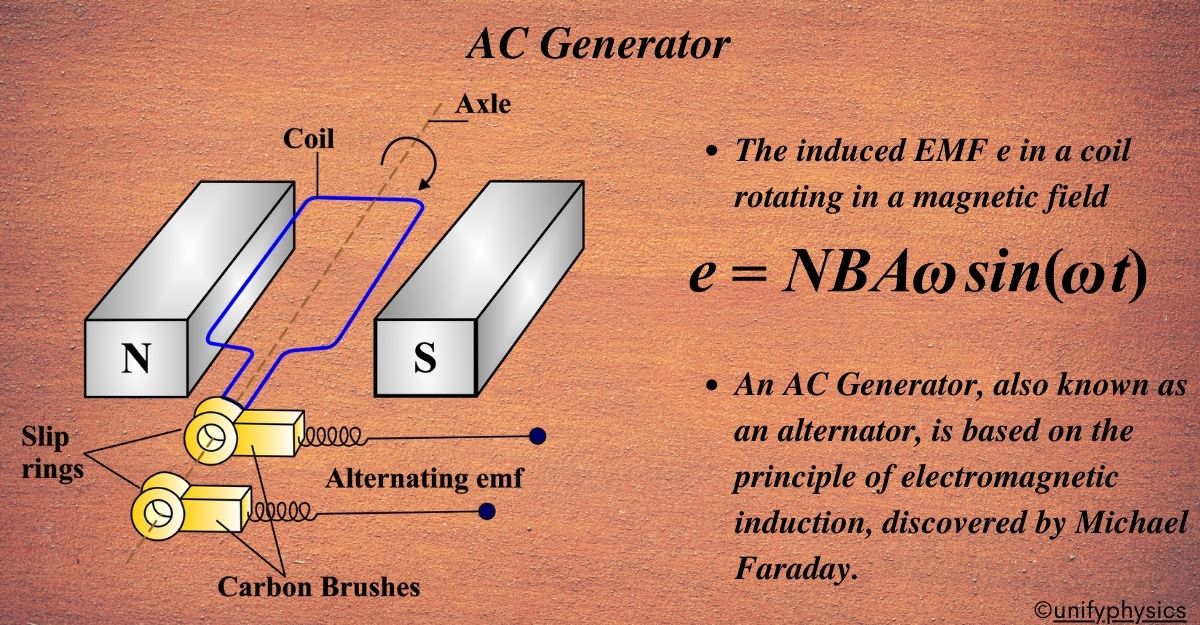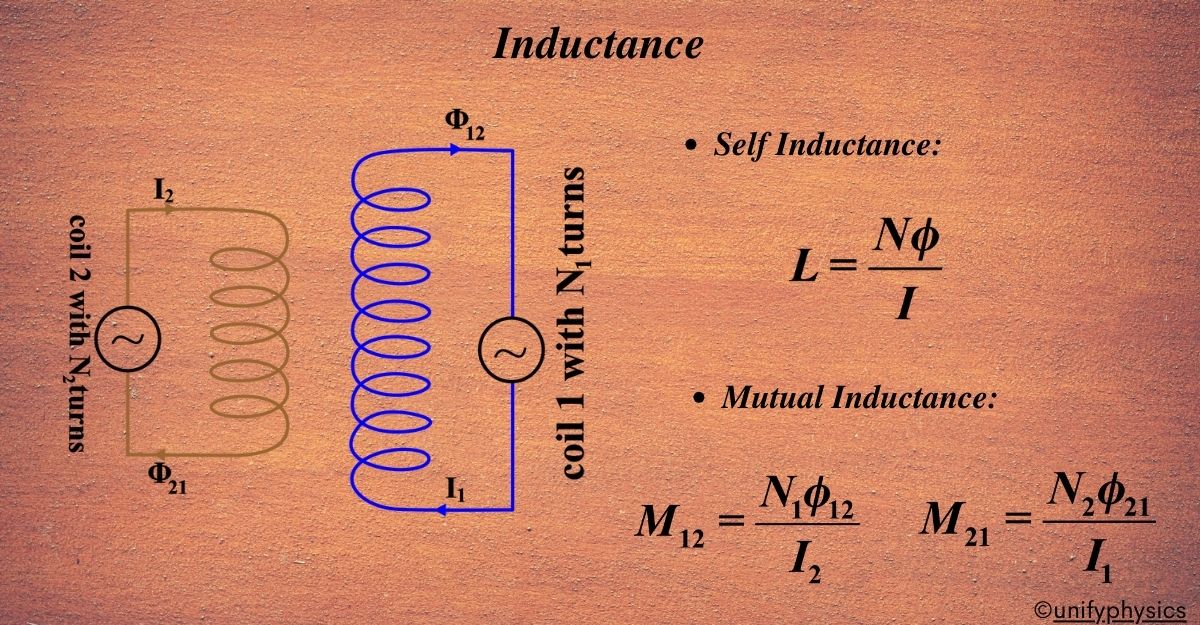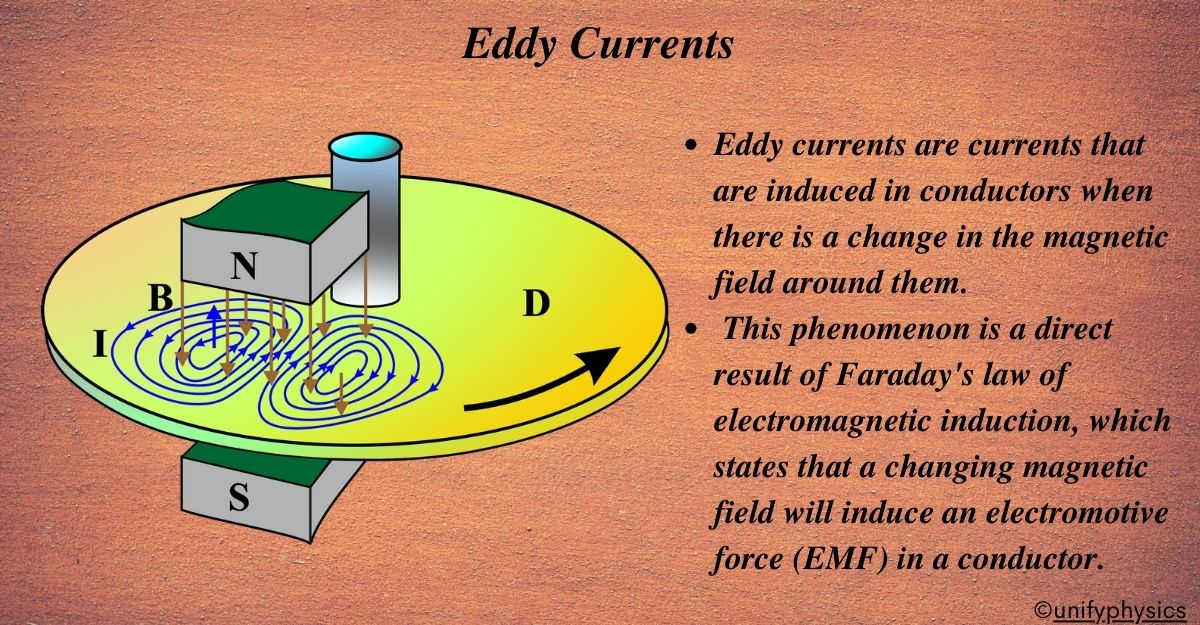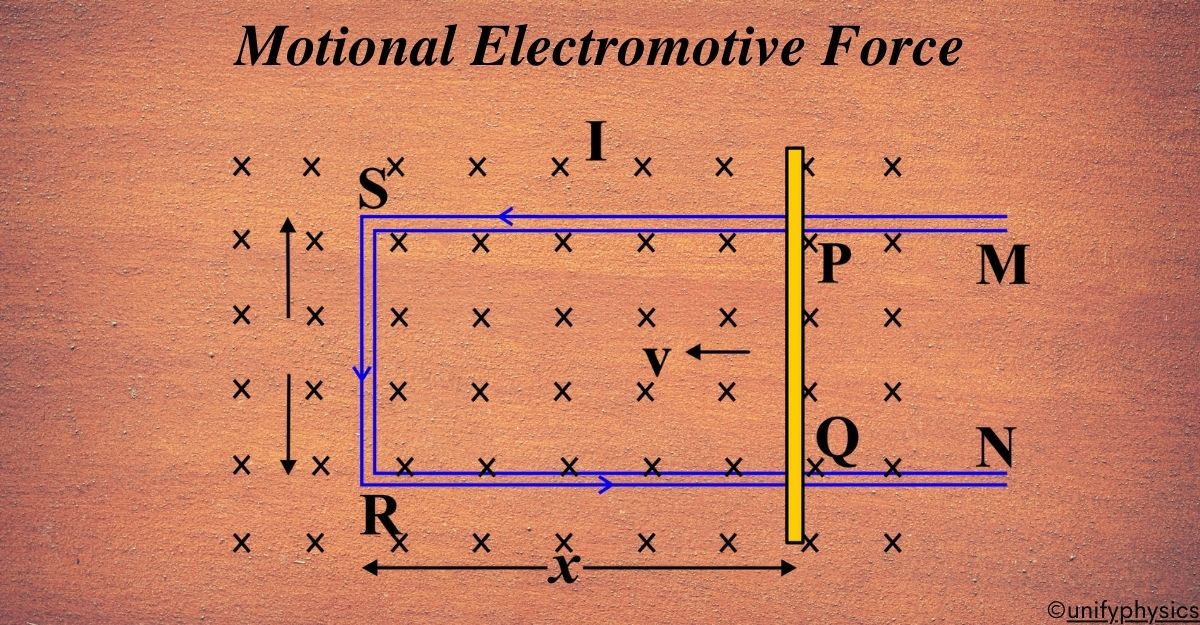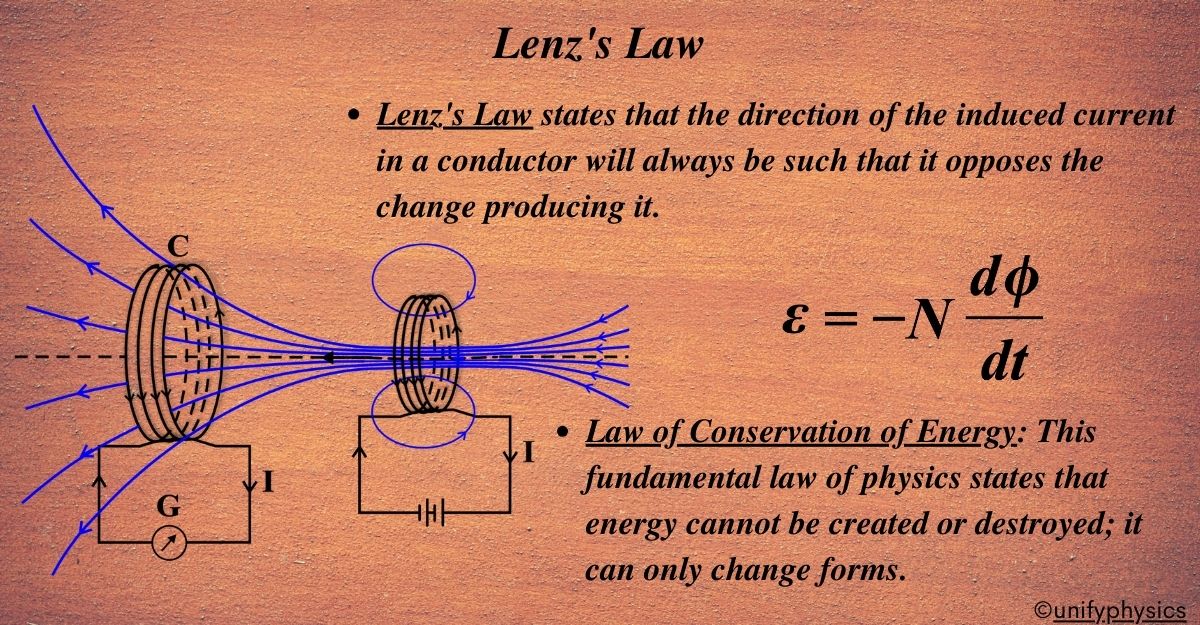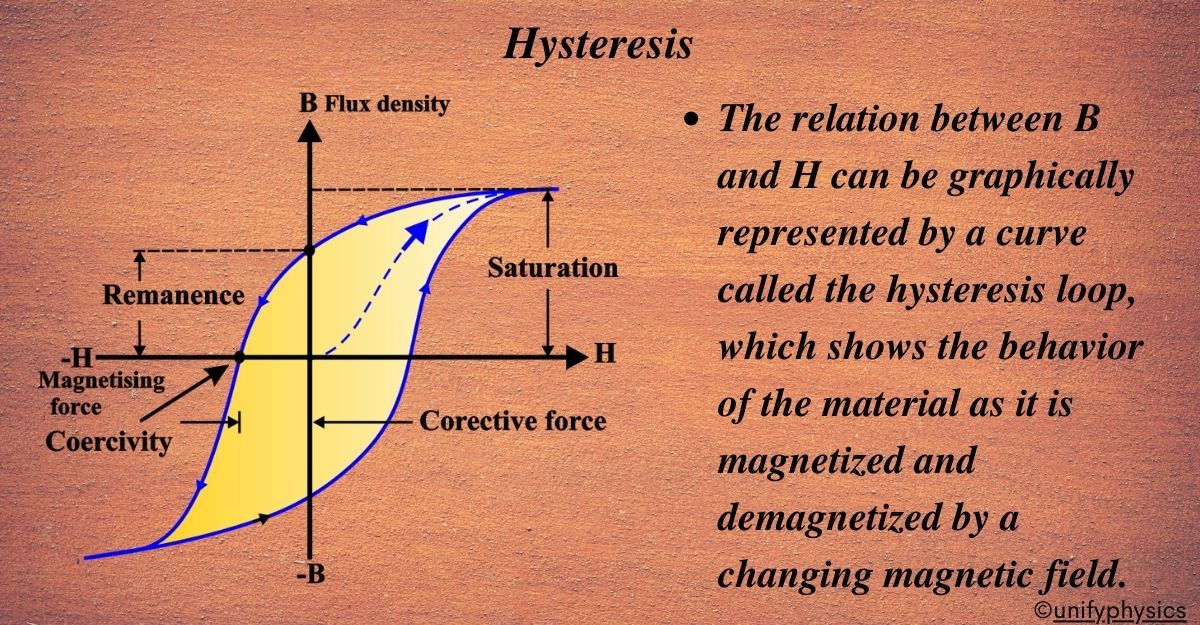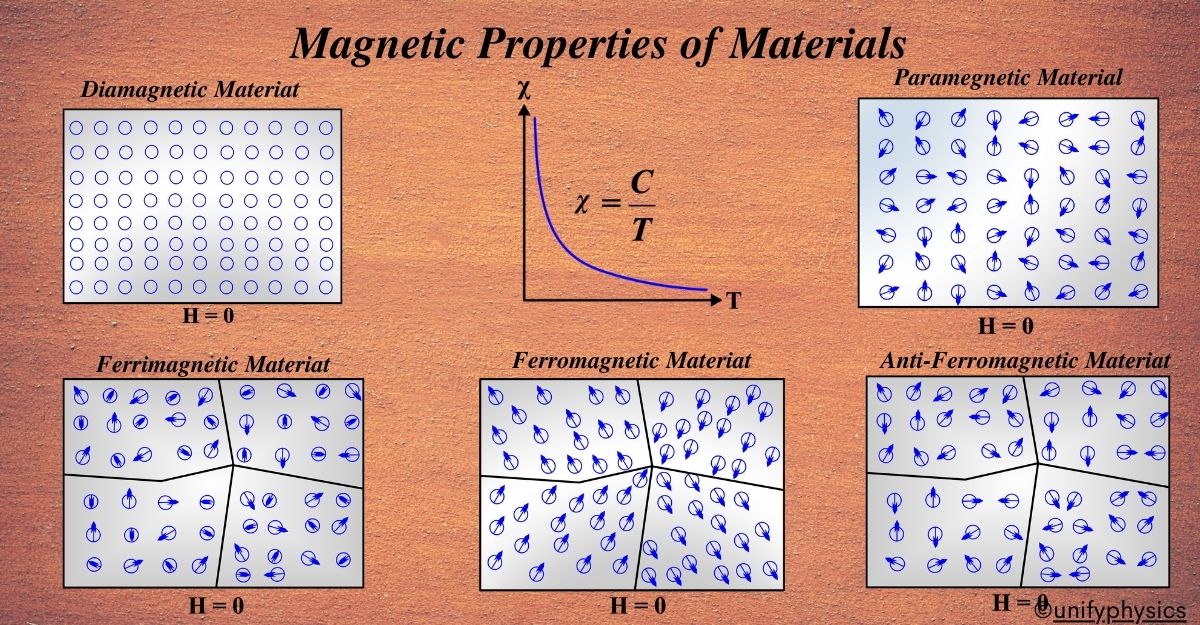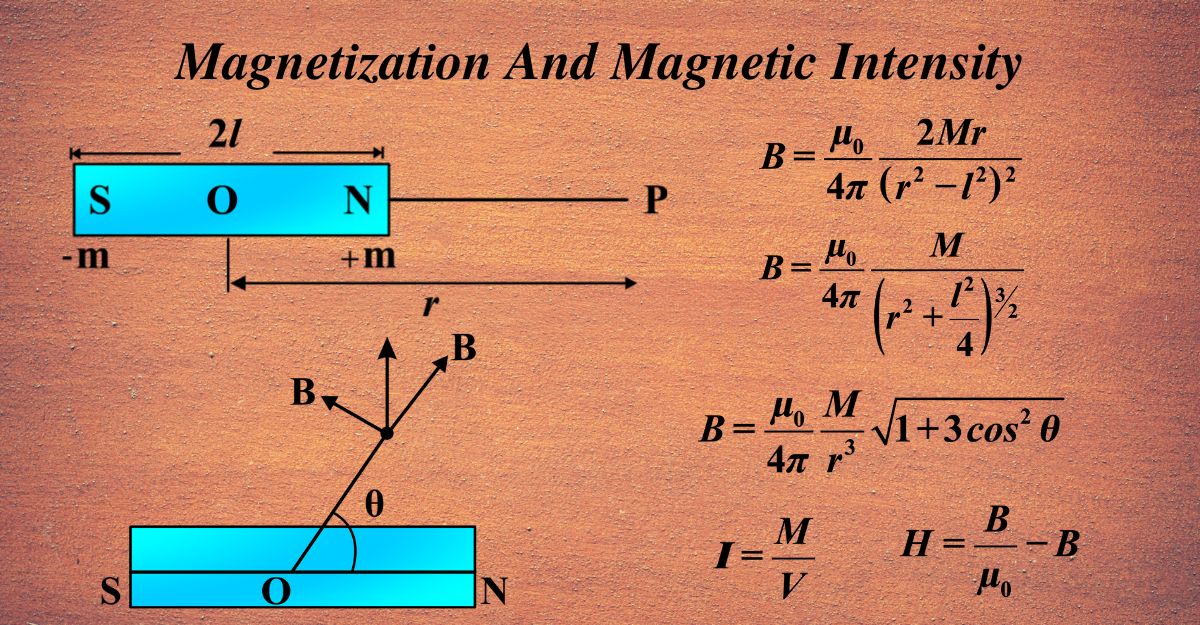AC Voltage Applied To A Resistor
The concept of AC (Alternating Current) voltage is rooted in the late 19th century during the “War of the Currents.” Thomas Edison was a staunch supporter of DC (Direct Current), which flows in one direction. However, Nikola Tesla and George Westinghouse championed the use of AC, which alternates direction. AC’s ability to be transmitted over … Read more
